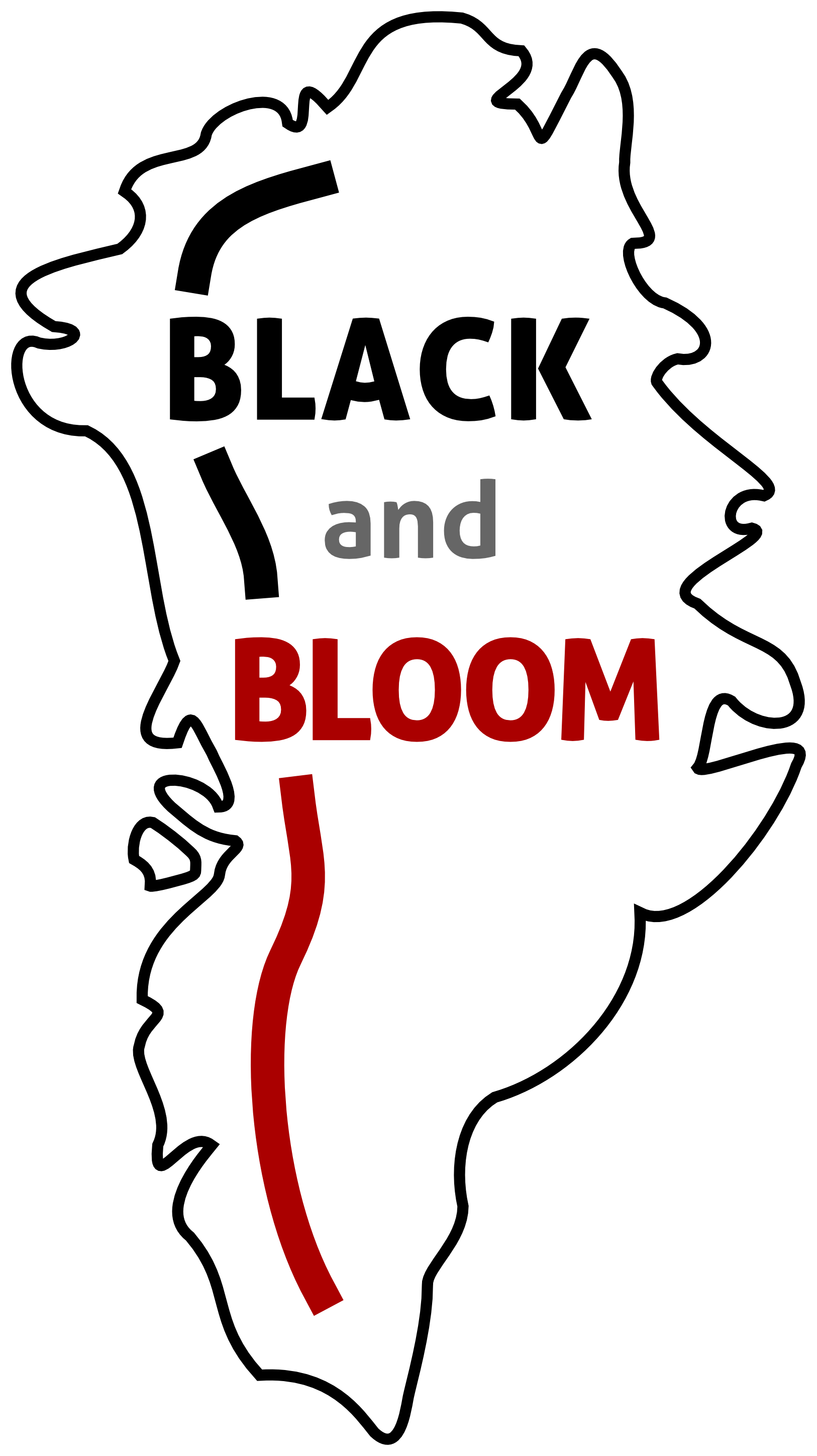NERC award £3 Million to Black and Bloom
The UK Natural Environment Research Council (NERC) has awarded £3 million to Black and Bloom to study the impact of dark particles and microbial activity on the melting of the Greenland Ice Sheet. Concerns are mounting about what is driving accelerations in the melting of the ice sheet, which would add 7.2 m to sea level if fully melted.
Black and Bloom (based at the Universities of Bristol, Leeds, Sheffield and Aberystwyth) were awarded the NERC funding to run a 5 year project to study their hypothesis that dark particles and microbes (bacteria and algae) cause darkening of the ice surface, and consequently increase the melt rate. We will use the funding to make some of the first detailed measurements of how the surface of the ice sheet darkens over the whole melt season (spring, summer and autumn), starting with cold snow, going through slush, to ice, and finally rotten ice (a mixture of ice and water).

Our goal will be to understand what controls the growth and blooming of the microorganisms present on the ice surface. We want to know how they stick to the small amounts of dark particles in the snow and ice, including dust and black soot, and if they retain those particles at the surface for long periods. We’ll examine how these dynamics impact the albedo (reflectivity) of the ice sheet surface and thus the overall melt.
Black and Bloom will be able to put all our information on surface darkening into a melt model of the whole ice sheet. This will allow us to to predict how much sea level rise will occur in the future.
Follow our progress on blackandbloom.org as we run expeditions into the Greenland Ice Sheet.

